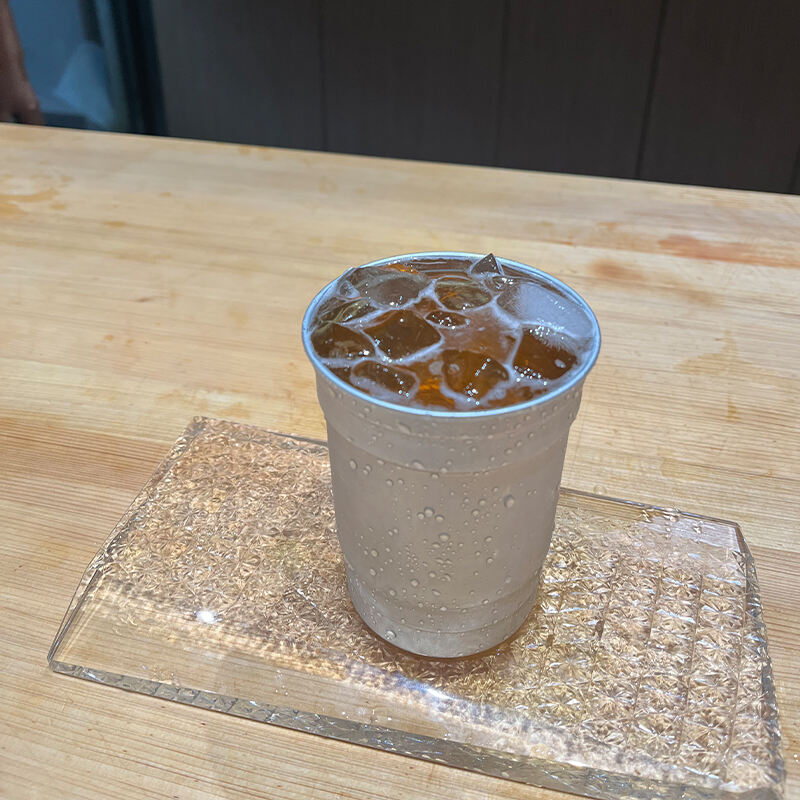Recently, foreign media reported that Ball, a 139-year-old packaging company, is launching an aluminum cup called "infinitely recyclable", which is more expensive than ordinary plastic cups. But the company believes that consumers will be willing to pay for reducing plastic pollution.
Aluminum cups instead of plastic cups
Ball said that this aluminum cup can replace the red plastic cups on college campuses and picnic tables across the United States. The company will also focus on beer cups sold in major professional sports stadiums, some of which will start using this aluminum cup this fall.
John Hayes said that the price of these aluminum cups is about 25 cents each. A pack of 100 16-ounce red plastic cups is priced at $16.95 on Walmart.com, which is about 17 cents per cup.
Obviously, the new product will be more expensive than ordinary plastic cups, but the company believes that young consumers who are concerned about plastic pollution will be willing to pay a slightly higher fee to use more environmentally friendly cups. "They know that our world is polluted and they want to do something about it." Said John Hayes, the company's CEO.
According to Hayes, Ball has been working on aluminum cups for seven years and is investing in a factory capable of producing the product. It is expected that the product will be sold in retail stores in 2021.
Plastic reduction is the future trend
Plastic pollution has attracted worldwide attention. Mintel, a leading independent market research consulting company, has released four major trends that will affect the global packaging industry in 2019 and the future. One of the important ones is "zero plastic".
The report believes that brands and retailers need to realize that there are business opportunities in zero plastic packaging, and removing plastic will not affect the storage or use of products. Brands should take immediate action to ensure a place in the emerging zero plastic market by switching to widely recognized packaging materials.
The beer industry has begun to take action
In fact, many beer companies around the world are already making changes to reduce plastic pollution.
Last September, Carlsberg launched the Snap Pack six-pack, which uses glue to glue six beer cans together, reducing plastic use by 76%.
In April, Guinness announced that it would phase out plastic packaging in August and switch to multi-can packaging in "100% recyclable and biodegradable cardboard." In July, Asahi announced that it had developed a beer glass with Panasonic, 55% or more of which is made of cellulose resin and can be treated as combustible waste. In order to reduce plastic pollution in the ocean, Corona beer is working with Parley for the Oceans to launch a plastic-free six-pack of packaging rings made of biodegradable plant fibers. In addition, Corona is also trying another beer packaging, which directly relies on the thread design on the beer can, so that the beer cans can be rotated and tightened together to form a long Corona beer can column. In the future, we look forward to more effective designs and ways to help the earth reduce the burden of plastic pollution.
